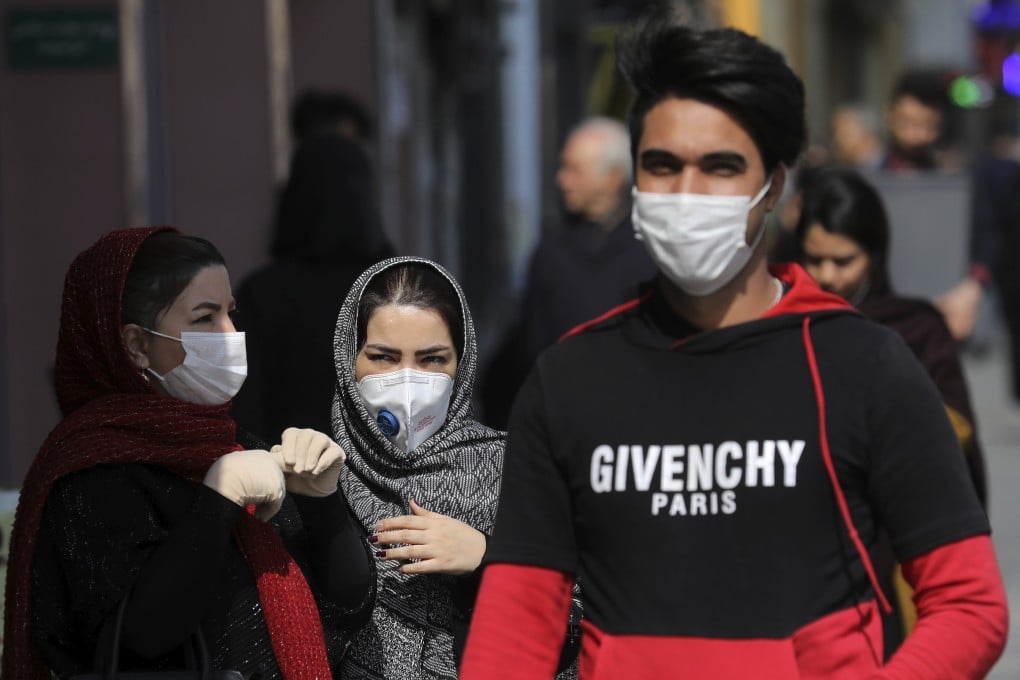Explainer | How Iran’s coronavirus death toll came to be the highest behind only China
- Iran’s health minister says the infections are believed to be linked to a merchant who bypassed travel restrictions by making indirect flights to China
- Qom, south of the capital Tehran, has been identified as the centre of contagion, but authorities have warned it is possible the virus is present in all cities

Iranian health officials have confirmed 15 deaths from the Covid-19 disease among 61 cases in the country, while a parliamentarian representing the city at the centre of the outbreak in the country has claimed the death toll stands at 50.
How did the virus reach the country?
On February 25, officials raised the death toll to 15, from 12 the previous day – making the outbreak in Iran the deadliest outside China.
Ahmad Amirabadi Farahani, a lawmaker for the city of Qom, said on the same day there had been in fact 50 deaths, claiming the government was late to announce the outbreak and his city was ill-equipped to deal with the public health emergency. Deputy Health Minister Iraj Harirchi disputed those claims in a press conference on state television, pledging to resign if the death toll was even one-quarter of the higher figure.
Most of the cases have involved people who live in or visited Qom, a centre of learning for Shia Muslims in the country and across the Muslim world, but health ministry official Minou Mohrez on Friday warned it was possible the virus was present in all cities in the country.